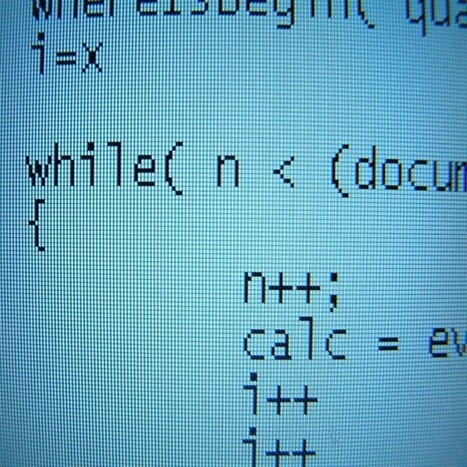Follow, research and publish the best content
Get Started for FREE
Sign up with Facebook Sign up with X
I don't have a Facebook or a X account
Already have an account: Login
For Product Owners/Product Managers and Scrum Teams: Growth Hacking, Devops, Agile, Lean for IT, Lean Startup, customer centric, software quality...
Curated by
Mickael Ruau
 Your new post is loading... Your new post is loading...
 Your new post is loading... Your new post is loading...

Duarte Terencio's curator insight,
March 11, 2014 8:54 AM
Qui va remplacer le langage de programmation java ? Scala ? JavaScript (angular, etc ..), autre ? |
|



























